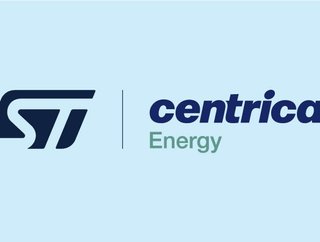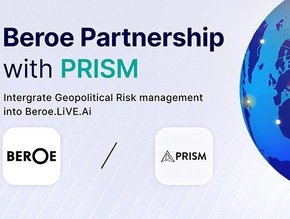Centrica Energy powering ST with renewable energy

The global semiconductor leader serves customers across the spectrum of electronics applications, while Centrica Energy is a leading provider of energy management and optimisation services.
What does the deal mean?
This ten-year Power Purchase Agreement (PPA) for the supply of renewable energy to its operations will see Centrica sell 61 gigawatt-hour (GWh, equivalent to 1 million kWh) of renewable energy per year, to ST, produced by a new solar farm in Italy.
Kristian Gjerløv-Juel, Vice President for Renewable Energy Trading & Optimisation, Centrica, adds: “We’re pleased to have signed this agreement with STMicroelectronics. Centrica Energy continues to expand its capabilities and through this collaboration we will bring renewable energy to one of Europe’s biggest technology companies. This agreement is another example of how Centrica is developing powerful value propositions for partners and customers globally."

STMicroelectronics charging toward carbon neutral
The PPA will support ST's target of becoming carbon neutral in its operations by 2027, and the goal of sourcing 100% renewable energy for the semiconductor manufacturer with two large-volume manufacturing sites in the southern Europe country.
ST operates two high-volume semiconductor manufacturing sites across the country, including in Agrate (near Milan) and Catania.
Geoff West, EVP and Chief Procurement Officer, STMicroelectronics, says: “This second power purchasing agreement in Italy marks yet another important step towards ST’s goal of becoming carbon neutral in its operations (Scope One and Two emissions, and partially Scope Three) by 2027, including the sourcing of 100% renewable energy by 2027.
“PPAs will play a major role in our transition. Starting in 2025, this PPA with Centrica will provide a significant level of renewable energy for ST’s operations in Italy, which includes research and development, design, sales and marketing and large-volume chip manufacturing.”
What are the Scopes?
The Three Scopes are a way of categorising the different kinds of emissions a company creates in its own operations and in its wider ‘value chain’.
Scope One are direct emissions from a company, such as burning fuel from their own vehicles.
Scope Two are emissions that companies use indirectly, such as using electricity in their offices.
Scope Three includes emissions which the company does not create itself, or the result of an asset owned or controlled by them. Instead by others that companies are indirectly responsible for up and down its value chain.
******
Make sure you check out the latest edition of Procurement Magazine and also sign up to our global conference series - Procurement & Supply Chain LIVE 2024
**************
Procurement Magazine is a BizClik brand






